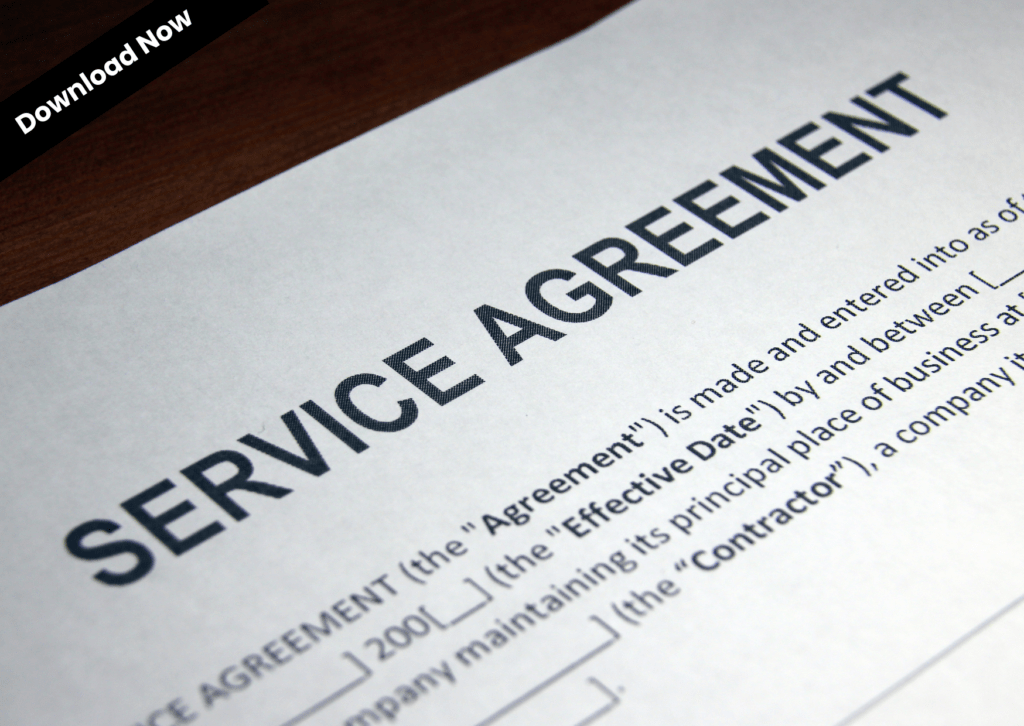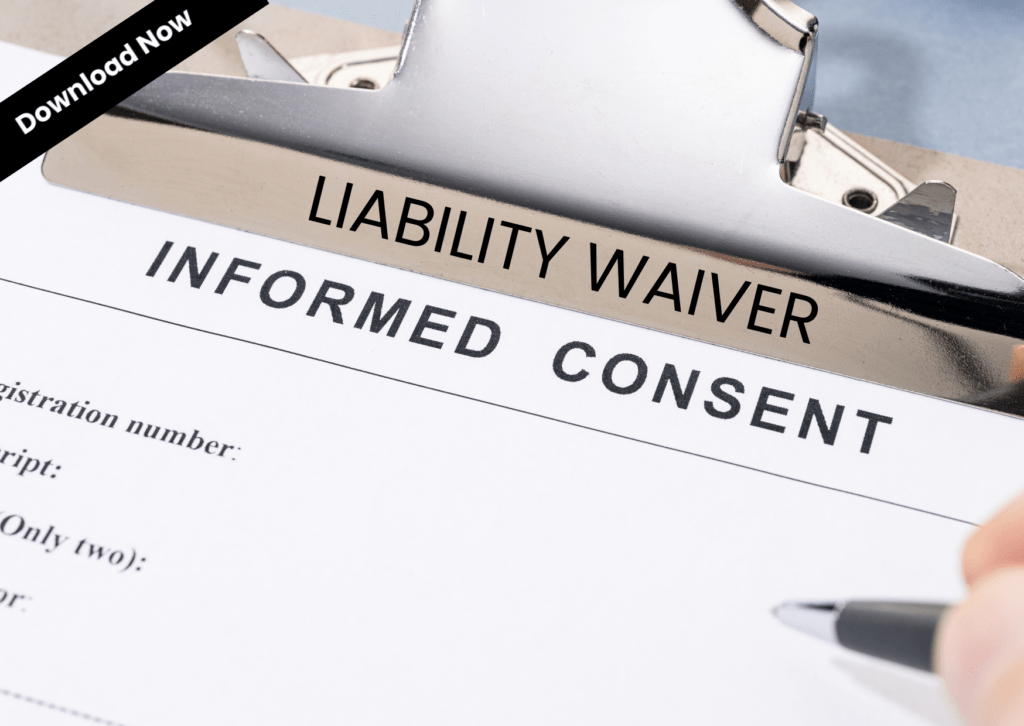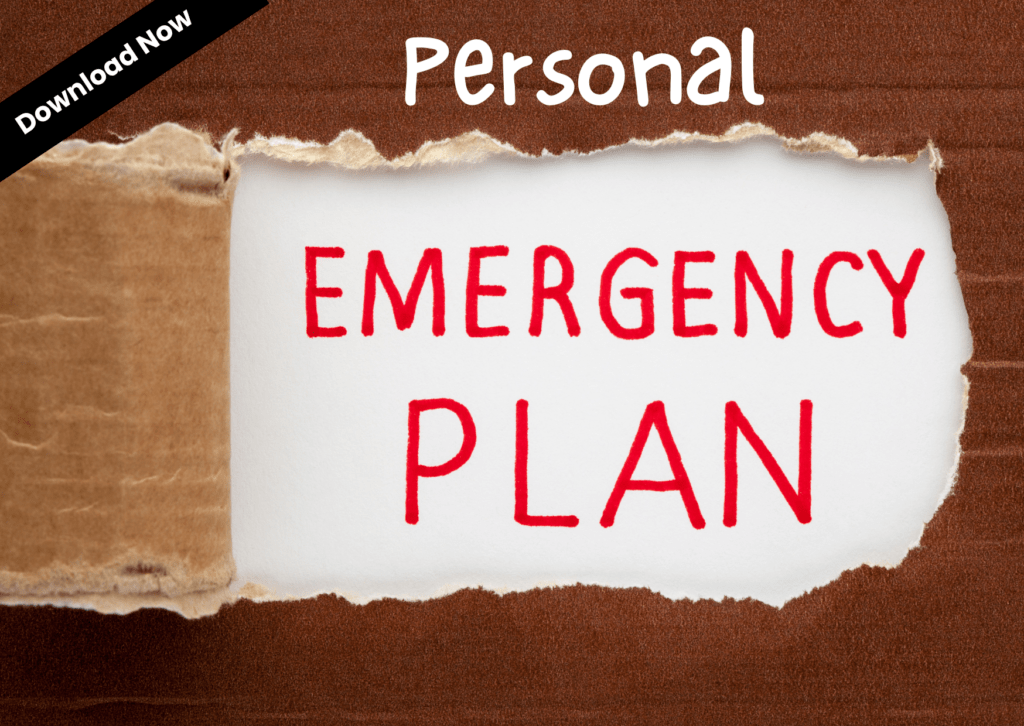Empowering You to Provide Safe, Confident Support
Whether you’re just starting out or you’re a seasoned support worker, having the right tools in place makes all the difference. This space was created with you in mind—to help independent support workers like you stay protected, stay organised, and feel confident in every shift.
From easy-to-use templates, service agreements, and incident report forms to daily logs, checklists and client handover notes—you’ll find practical tools that help you stay professional, compliant, and covered.
Because caring for others starts with making sure you’re supported too.
Start building your toolkit today—because great support starts with you.



Verbal agreements fade. Written ones protect your time, effort, and income.
Why It Matters:
This detailed service agreement is a professional must-have for every support worker. It defines the who, what, when, and how of your support—and makes expectations crystal clear.
Main Benefits:
Secures your role and responsibilities
Prevents miscommunication
Helps with NDIS audits and evidence
Reinforces your credibility as an independent worker
Without a clear service agreement, misunderstandings can snowball into conflict—and even unpaid work.
Why It Matters:
This Easy Read Service Agreement helps you and your client stay on the same page from day one. It’s written in plain language so it’s accessible to everyone, including clients with intellectual or communication challenges.
Main Benefits:
Builds trust with clients and families
Sets clear roles, boundaries, and expectations
Supports transparency and professionalism
Helps protect you legally in disputes
One small misunderstanding can lead to a big legal mess—especially if there’s no written consent in place.
Why It Matters:
This Liability Waiver and Informed Consent form protects both you and your client. It ensures you’ve clearly communicated risks, responsibilities, and what support involves—before you even start.
Main Benefits:
Helps cover you in case of incidents or injuries
Legally protects your practice
Demonstrates ethical and professional care
Reinforces mutual understanding



If it’s not written down, it didn’t happen—and that could cost you in more ways than one.
Why It Matters:
Having clear written consent isn’t just a legal tick-box. It’s part of respectful, person-centred support. This tool helps you gather and store important permissions in a way that feels approachable and easy.
Main Benefits:
Creates transparency from the start
Reduces risk of confusion or conflict
Empowers clients through choice and voice
Keeps your work professional and organised
Winging it might work short-term, but without a plan, your business can quickly become a burnout zone.
Why It Matters:
A solid business plan keeps your disability support work sustainable and scalable. Whether you’re a sole trader or building a team, it’s your map for income, growth, and longevity.
Main Benefits:
Keeps your goals and finances on track
Prepares you for growth or audits
Makes your work feel purposeful, not just reactive
Boosts your confidence as a professional support worker
When a crisis hits and there’s no plan in place, panic takes over—and that’s when people get hurt or critical steps are missed.
Why It Matters:
As a disability support worker, you’re not just responsible for care—you’re often the first responder in an emergency. A Personal Emergency Plan gives you a clear, step-by-step guide to follow so you can act fast, stay calm, and keep everyone safe.
Main Benefits:
Makes sure you’re prepared for fires, medical emergencies, or natural disasters
Reduces stress and panic in high-pressure situations
Shows clients, families, and NDIS coordinators you’re serious about safety
Helps prevent harm by guiding your response clearly and quickly
Builds trust with families who rely on you in unpredictable moments